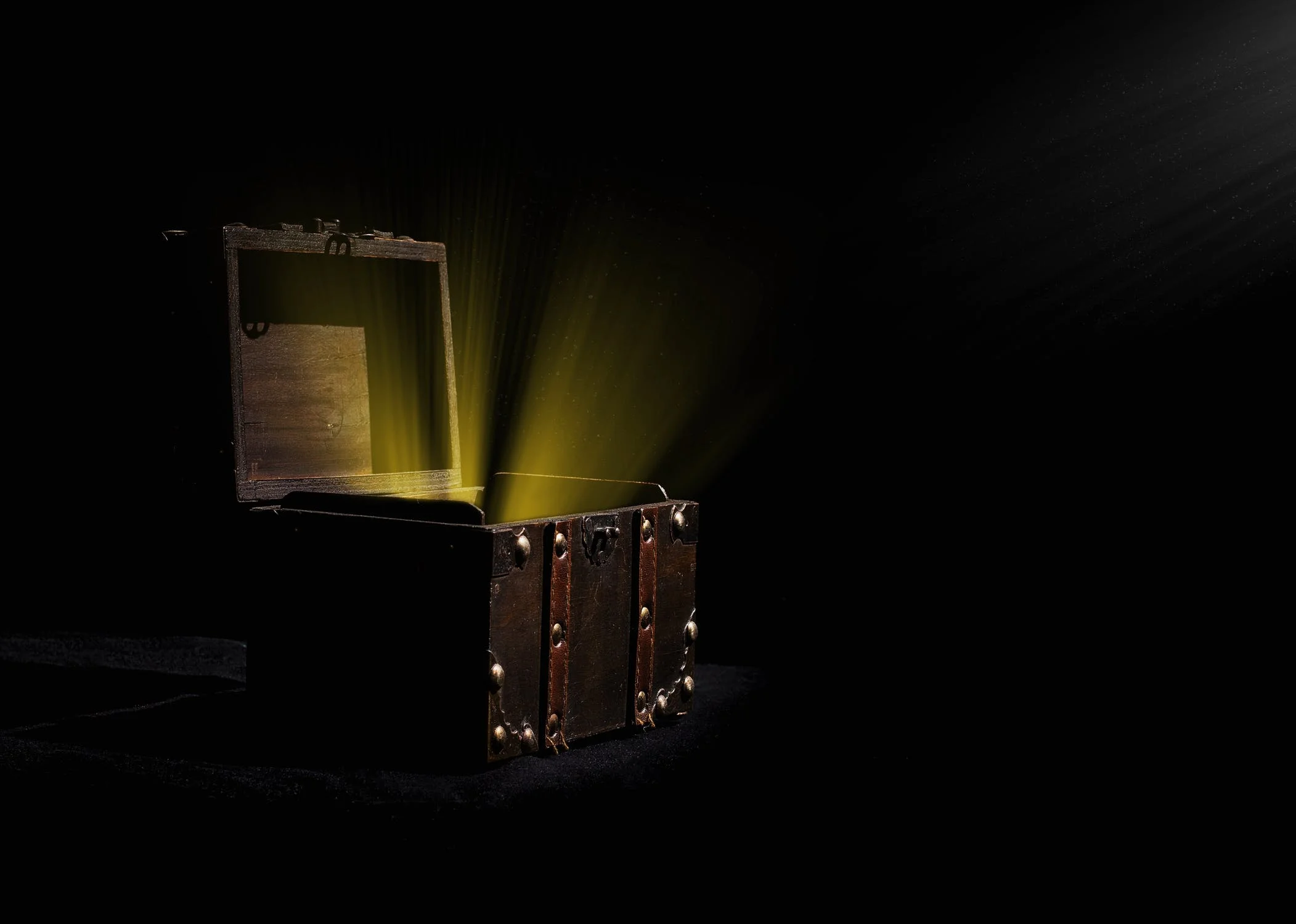When a dentist helps you meditate better. . .
The experience of stress is not necessarily a bad thing. It is a byproduct of modern life and reflects that you have a purpose or goal you are working towards and seek life’s ultimate prize—happiness. However, when stress as the byproduct of our existence becomes the main export of our mental processes, stress becomes toxic. When we aspire to rid ourselves of stress, we also lose a portion of our drive to better ourselves.
In general, there are two ways to process stress. First, we can internalize it, which masks the immediate impact. However, we trade not experiencing the accompanying anxiety at the moment with a delayed reaction. The accumulated negativity associated with stress can manifest in myriad ways unrelated to the thoughts causing mental stress in the first place. Second, we can allow stress to manifest as it builds, but it isn’t fair to people around us to act as shock absorbers as we let out steam.
It is easy to spot stress when it manifests in the mind as thoughts that generate negative emotions. But sometimes, stress may manifest right under our noses without us recognizing it as a symptom of underlying tension.
As it happened, I suffered from a nagging toothache for the last few months. My busy travel schedule meant I could not schedule an appointment with a dentist. In retrospect, that was probably an excuse. I was convinced I needed a root canal, and the thought of someone drilling a trench in my tooth to access its root so they could burn it kept me away from the dentist’s chair. A toothache can’t be ignored for long and never disappears. It builds to a crescendo until you break. A toothache never gives in, I finally did
X-rays extracted information from the deep recesses of my jaw, displaying blocky, rectangular, wedged, pointed, oval, square, and bowed shapes, each assigned a number. The dentist rattled off numbers to her assistant as the sickle probe and mirror invaded my mouth, and the harsh smell of antiseptic assaulted my nostrils. A lilting melody from the speaker overhead was interrupted now and then with sharp, piercing noises from the chair in the next room. I felt my jaw clench as I readied myself for the inevitable. A drill bit aimed at my molar, revolving at 3000 rotations per second, sending shockwaves that were sure to agitate the rich marrow in my jaw. Instead, I was sent home with an unwritten prescription—for biofeedback.
Biofeedback? I felt like a chef whose souffle had just collapsed. I expected to leave the dentist’s office without toothache and a hefty bill. The dentist made me do calisthenics with my jaw as her keen eyes watched how my teeth clashed against one another. Just as the joint holding my jaw in place began to tire, she proclaimed her diagnosis. I was under stress, and unconsciously, I was wearing out my teeth by clenching them with force five times the pressure of my car tires. It’s been a few days since I have consciously avoided biting down unless there is food to chew, and my toothache has dissipated.
Interestingly, I could not maintain my daily meditation routine while I had the toothache. I was unaware that it wasn’t the toothache but the tense musculature around my jaw that interrupted my practice. Some meditational techniques employ bodily sensations and pain as an object of meditation. According to the foremost mind scientist, Buddha, observing physical sensations can eradicate what defiles the mind. I found it hard to meditate because I focused on the symptom, the toothache, and not the cause, internalized stress. That reinforced an important principle I learned as a doctor—every symptom has a cause that may or may not be apparent. What Buddha probably means by ‘observing physical sensations’ is not merely observing but also inquiring into the nature of those sensations to uncover the cause. Unless the body is in total relaxation, it is difficult to meditate. This notion contradicts a common assumption that meditation helps us relax.






